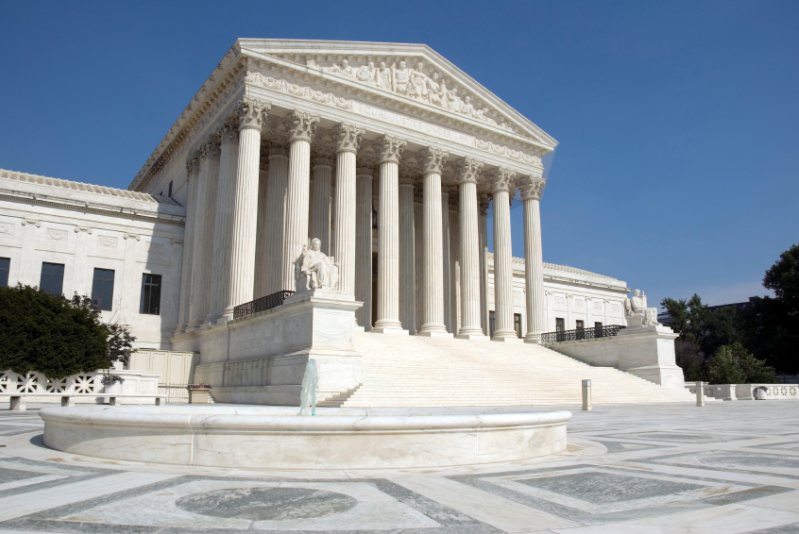
The U.S. Supreme Court voted in favor of a centuries-old tradition of offering prayers to open government meetings, even if the prayers are Christian and citizens are asked to participate.
The 5-4 ruling in Town of Greece vs, Galloway, came with no surprises that the court's conservative justices supported the ruling, and the liberals opposed it, The exact vote has been long awaited and will affect other rulings on lower courts, though.
The overall supporting judgment of the Supreme Court was based in large part on the history of legislative prayer dating back to the framers of the Constitution.
Defending a practice used by the town of Greece, N.Y., the majority ruled that opening local government meetings with sectarian prayers doesn't violate the Establishment Clause as long as no religion is advanced or disparaged, and residents aren't made to take part.
The Greece Town Board was represented by the Alliance Defending Freedom, based in Scottsdale, Ariz. David Cortman, senior counsel at ADF, has made it clear in previous statements that citizens should be allowed to pray before these types of meetings just like the founding father prayed before important meetings.
"The Founders prayed while drafting our Constitution's Bill of Rights, and the Supreme Court has ruled that public prayer is part of the 'history and tradition of this country,'" said Cortman.
"As a practice that has long endured, legislative prayer has become part of our heritage and tradition, part of our expressive idiom, similar to the Pledge of Allegiance, inaugural prayer, or the recitation of 'God save the United States and this honorable court' at the opening of this court's sessions," Justice Anthony Kennedy wrote, representing the majority opinion
Justice Elena Kagan wrote a brief in dissent for the court's liberal justices. She argued that the intimate setting of local government meetings, the participation of average citizens and the dominance of Christian prayer-givers put the policy out of bounds.
"When the citizens of this country approach their government, they do so only as Americans, not as members of one faith or another," Kagan said. "And that means that even in a partly legislative body, they should not confront government-sponsored worship that divides them along religious lines."
Disagreeing with Kagan, Justice Anthony Kennedy seemed to think Justice Kagan's approach would lead to too much government interference.
"The First Amendment is not a majority rule, and government may not seek to define permissible categories of religious speech," Kennedy said. "Once it invites prayer into the public sphere, government must permit a prayer-giver to address his or her own God or gods as conscience dictates."
The ruling comes after seven years in and out of court for the suit, that was originally brought in 2007 against the town og Greece by a Jewish woman and an Atheist woman. Oral arguments before the Supreme Court were held in November.







